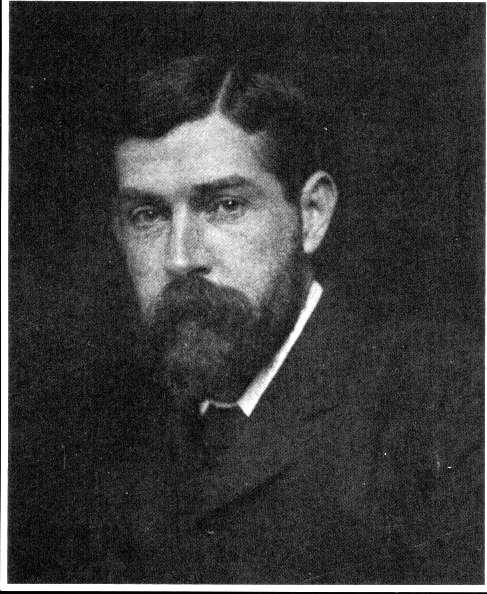I was watching a Manuel
DeLanda lecture
online and he put forward a question which he argues sets you on a philosophical path that you cannot come back from . In the terminology of
Badiou we can describe the question as a truth event from which we then produce knowledge from a fidelity to that event.
the question is:
'Do you think that Eskimos has 27 different words for snow because
a) they label snow differently 27 times
b) they interact with snow differently
I am still to decide if
DeLanda is putting forward a
Zizekian 'forced choice' or a question that one should answer and stay committed to that position for producing knowledge.
I would be interested to know what side of the fence you are sitting on?











